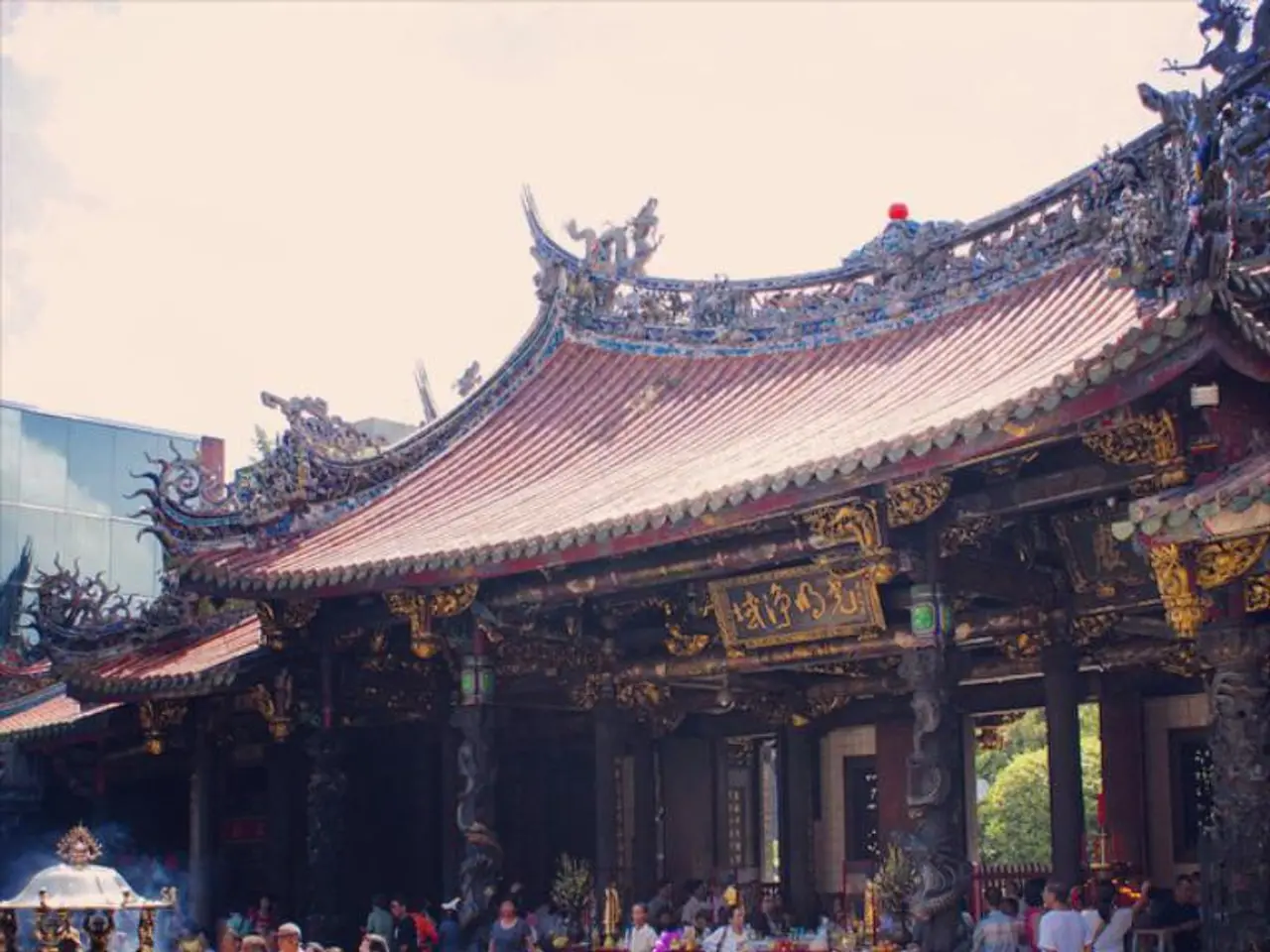Struggles Persist: Japanese Government Faces Challenges in Retrieving Remains of War Casualties After Eight Decades
In a bid to honour the fallen and provide closure to bereaved families, the Japanese government is persistently working to locate and repatriate the remains of Japanese nationals who perished abroad during World War II. However, the task is fraught with challenges, including the passing of time, demographic changes, geopolitical tensions, and underwater obstacles.
The passage of time has made it increasingly difficult to gather information about the war period. Approximately 300,000 sets of remains are believed to be under the sea, making their recovery a challenging task. Okinawa Prefecture, southern Japan, and Ioto, a remote Tokyo island widely known as Iwo Jima, are among the locations where Japanese nationals died during the war.
The Japanese government is currently struggling to collect the remains of Japanese nationals who died abroad during World War II. This challenge is exacerbated by the decreasing number of bereaved families and local people with firsthand experience of the war. Programs that facilitated bereaved families' visits to overseas memorial sites are ending due to participants' advanced age and shrinking numbers, with the initiative starting in 1991 but set to close after the 2025 fiscal year.
The COVID-19 pandemic has further reduced participation by causing temporary suspensions and limiting travel. Geopolitical challenges also affect recovery efforts. For territories such as the Northern Territories (Kuril Islands) occupied by Russia since 1945, Japanese ex-residents yearn to visit ancestral graves, but government diplomacy continues to urge Russia for their return, complicating recovery.
Furthermore, many remains are inaccessible, located either in sunken ships or in foreign territories with difficult relations. This limits potential recovery to about 590,000 sets of remains. The government's efforts to collect remains have also been affected by Russia's invasion of Ukraine, as well as the situation in countries like China and North Korea, where some 230,000 sets of remains are believed to be difficult to retrieve.
Despite these challenges, Japan is actively continuing physical recovery missions and repatriation efforts. For example, the government has recently committed to sending staff to Taiwan to search for soldiers' remains lost in the Bashi Channel and is initiating repatriation of soldiers' remains from places like Bangladesh. The welfare ministry believes that 590,000 sets of remains of Japanese nationals are retrievable.
In summary, Japan is actively continuing physical recovery missions and repatriation efforts while facing demographic, expertise, pandemic-related, and geopolitical hurdles that constrain the scope and pace of these activities. The government balances honoring war dead with practical constraints caused by time and international relations.
- Amidst the challenges of passing time, geopolitical tensions, and difficult foreign relations, the Japanese government is still striving to locate and repatriate the estimated 590,000 sets of remains of Japanese nationals who perished during World War II, particularly those submerged in the oceans or in foreign territories.
- In the face of the growing challenges posed by decreasing numbers of bereaved families, the COVID-19 pandemic, and geopolitical hurdles, the Japanese government is persistently involved in physical recovery missions and repatriation efforts, as seen in their recent commitment to Taiwan and plans to repatriate remains from Bangladesh, all while balancing their objective of honoring war dead with practical constraints imposed by time and international relations.








